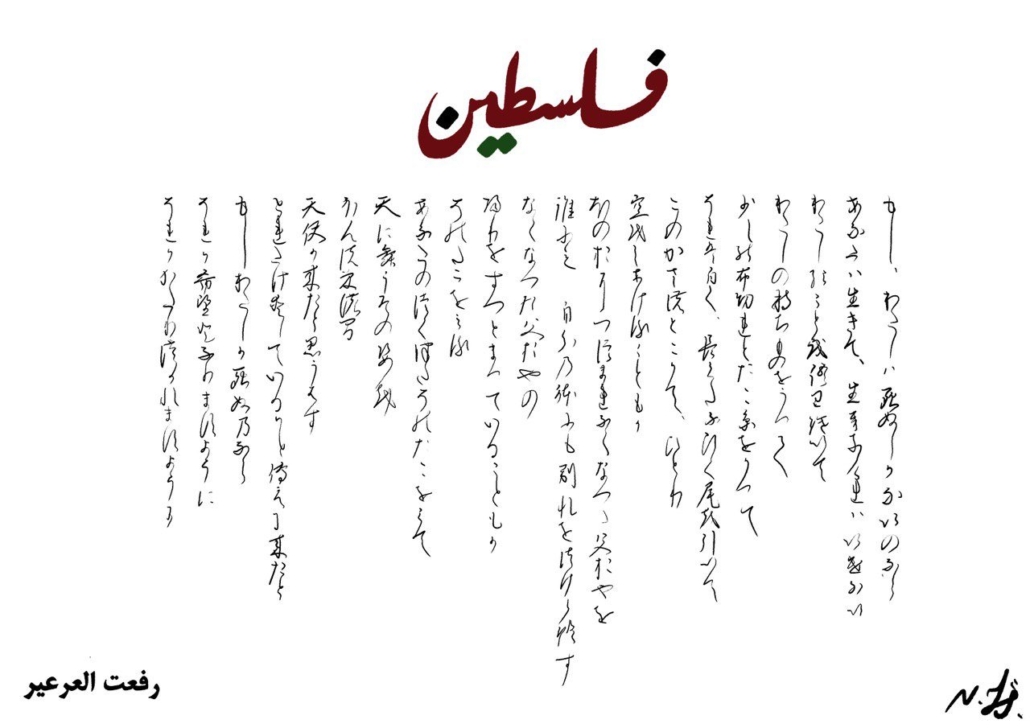A Scholar in the Shadow: Essays in the Legal and Theological Thought of Ibn Qayyim al-Gawziyyah, Oriente Moderno 90, 1 (2010)
Abstract:
“When strolling through the buzzing Muslim book markets at Friday prayer services, one is immediately struck by the persistent presence of Ibn Qay-yim al-ßawziyyah’s (d. 751/1350)writings paraded on the packed shelves of the market bookstalls. Ibn Qayyim al-ßawziyyah’s books, in multiple sizes and formats, in tacky colorful and flowery covers, as well as in more subdued mono-chromatic editions, have gained their secure place on the crowded stands of Muslim booksellers. As simple as this may sound, the most likely conclusion to be drawn is that, today, Ibn Qayyim al-ßawziyyah sells. The popularity he enjoys on the contemporary Muslim scene is well reflected by the recent copious scholarly production about him in Arabic, and by the current efforts to produce high quality academic editions of his works”

